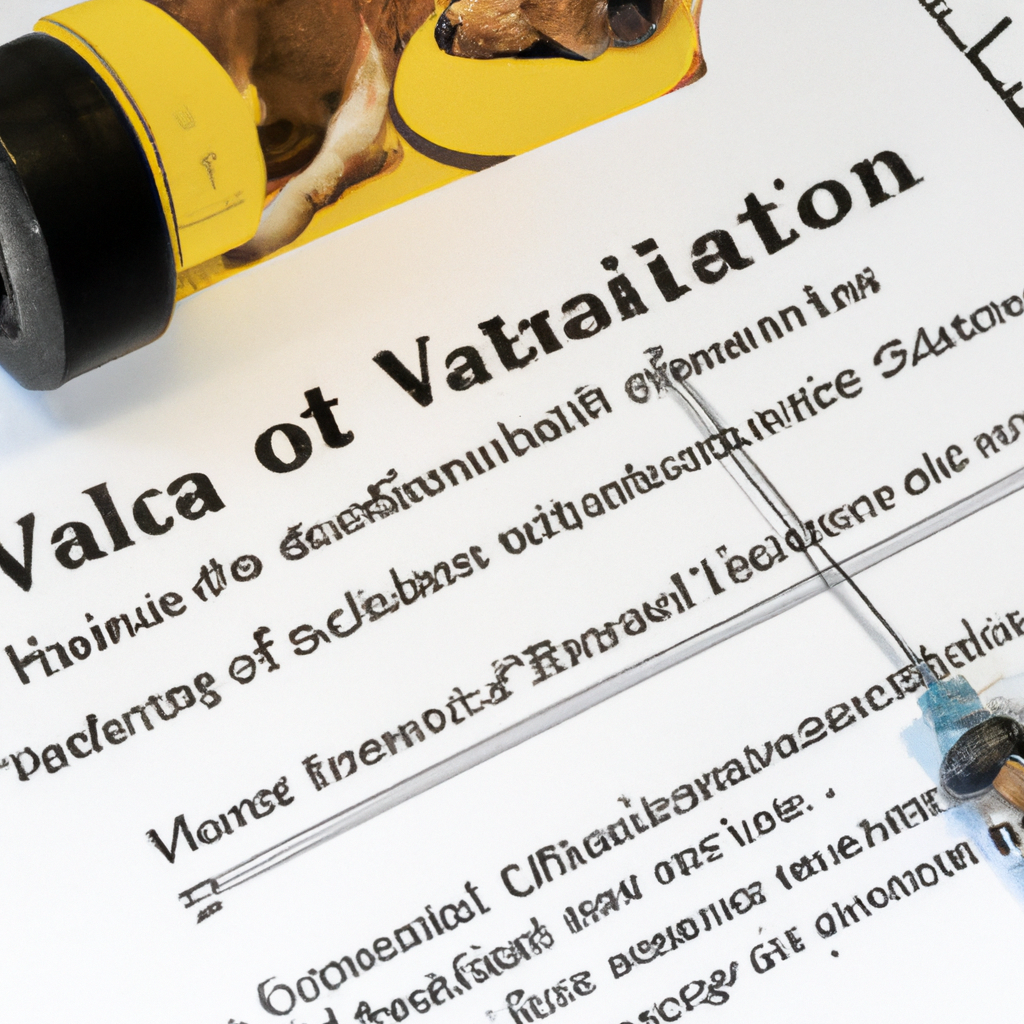The Role of Vaccinations in Maintaining Dog Health
The Role of Vaccinations in Maintaining Dog Health Dogs are beloved members of our families, providing companionship, protection, and

The Role of Vaccinations in Maintaining Dog Health
Dogs are beloved members of our families, providing companionship, protection, and endless joy. Ensuring their good health is crucial, and one essential aspect of keeping them healthy is through vaccinations. Vaccines play a vital role in preventing numerous infectious diseases in dogs, safeguarding their well-being and contributing to their overall happiness.
The Importance of Vaccinations
Vaccinations for dogs are essential for a variety of reasons. They protect dogs from contracting certain potentially life-threatening diseases, many of which are highly contagious and easily transmitted. Vaccines work by stimulating a dog’s immune system to recognize and fight specific viruses, bacteria, or other pathogens. This preparation helps the dog’s body respond effectively if it later encounters the actual disease-causing agent.
Vaccinating dogs not only helps prevent individual pets from getting sick but also influences the larger community and public health. By reducing the prevalence of certain diseases, vaccinations contribute to the overall well-being of both dogs and humans. Additionally, vaccinations can reduce the financial burden associated with treating preventable diseases, helping pet owners save on veterinary costs in the long run.
Core Vaccines for Dogs
Core vaccines are those recommended for every dog due to the severity of the diseases they prevent and the potential risk they pose to both canines and humans. Among the most common core vaccines are:
- Rabies Vaccine: This vaccine protects dogs against rabies, a fatal viral infection that affects the central nervous system. Rabies is also zoonotic, meaning it can be transmitted to humans.
- Distemper Vaccine: The distemper vaccine protects against a contagious and often fatal viral disease that affects a dog’s respiratory, gastrointestinal, and central nervous systems.
- Parvovirus Vaccine: Parvovirus causes a severe and highly contagious gastrointestinal illness in dogs. Vaccination is essential to protect against this potentially life-threatening disease.
- Hepatitis Vaccine: The hepatitis vaccine protects against canine adenovirus type 1, a virus that primarily affects a dog’s liver.
Non-Core Vaccines for Dogs
In addition to core vaccines, there are non-core vaccines that are recommended based on a dog’s lifestyle, risk factors, and geographical location. Some of these non-core vaccines include:
- Bordetella Vaccine: This vaccine protects against Bordetella bronchiseptica, a bacterium responsible for causing kennel cough. It is especially important for dogs who frequently interact with other dogs in communal spaces.
- Leptospirosis Vaccine: Leptospirosis is a bacterial infection that can be transmitted to both dogs and humans. Vaccination is particularly advisable for dogs that spend time outdoors, roam in rural areas, or come into contact with potentially contaminated water sources.
- Lyme Disease Vaccine: The Lyme disease vaccine helps protect dogs against the bacterium Borrelia burgdorferi, which is transmitted through tick bites.
Consulting with a Veterinarian
Given the wide range of available vaccines and the individual needs of each dog, it is crucial to consult with a veterinarian to determine the appropriate vaccination schedule and choices. A veterinarian can assess the dog’s risk factors, health status, lifestyle, and unique circumstances to create a tailored vaccination plan.
It is important to note that while vaccines are highly effective in preventing various diseases, they are not without risks. Adverse reactions can occur, but they are typically rare and often mild. Your veterinarian will discuss these potential risks and help you understand the benefits of vaccination.
In conclusion, vaccinations are an integral part of maintaining dog health. They protect dogs from serious and potentially fatal diseases, contribute to public health, and help ensure the well-being of our beloved four-legged companions. By working closely with a veterinarian and following the recommended vaccination schedule, we can keep our dogs healthy, happy, and protected for years to come.






